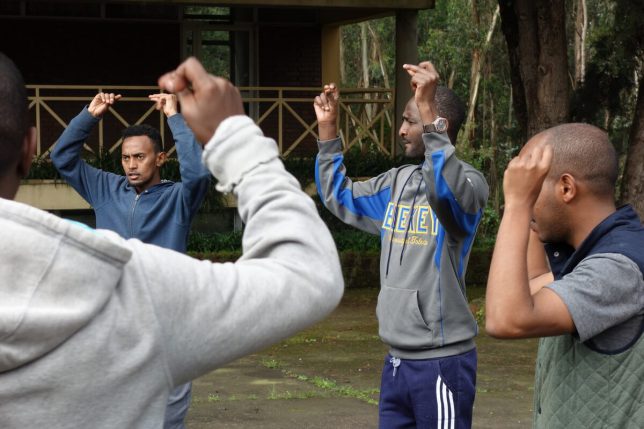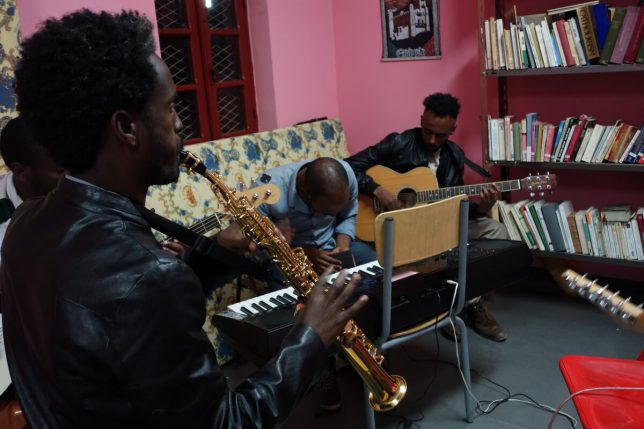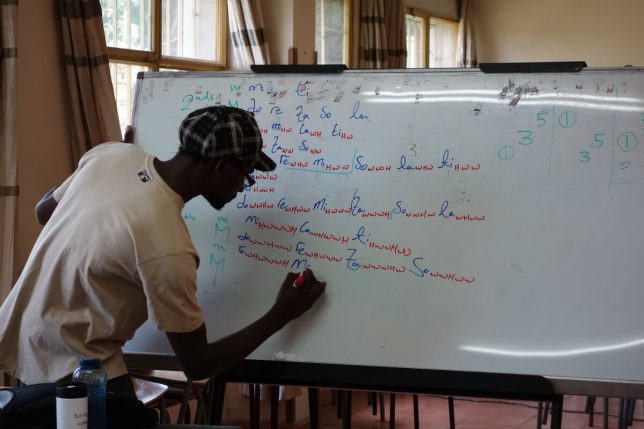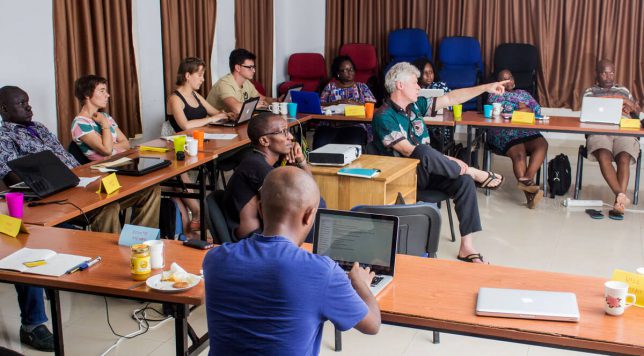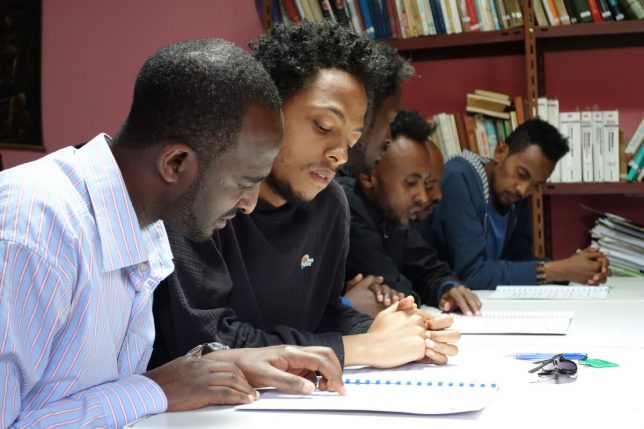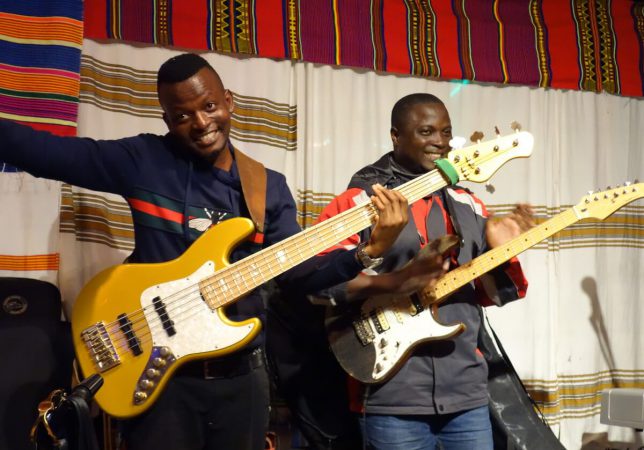1st April 2017 – 31st December 2017
Zimbabwe is home to a great number of unique dance drumming styles located in isolated rural communities which are under threat as young people migrate to the cities to look for work. These drum rhythms are an integral part of the Zimbabwean cultural identity and there are currently no musicians capable of capturing these skills and techniques which could provide the basis for a whole new range of music styles if a group of musicians/teachers were trained to document them properly and find new uses for them in a changing cultural context.
Zimbabwe is also home to some of the most interesting guitar styles incorporating playing techniques, both rhythmic and melodic, from traditional instruments like the mBira (Lamellophone). As many of the best guitarists have already died there is a need to document these playing techniques systematically, including the underlying technical principles used to create the different styles, to enable them to be passed on to future generations.
The Project has the following objectives:
- To capture the music in two separate culture areas – Dance Drumming (including accompanying songs) and two important Zimbabwean Guitar Styles based on traditional instrument techniques which arose during the 20th century.
- To develop a series of videos as a result of the research and documentation which will preserve and document the music collected in such a way that they can be used for teaching purposes, not only in the new curriculum for the Academy but also in other institutions in Zimbabwe and within the Global Music Campus Network.
- To train a group of teachers at the Music Crossroads Academy Zimbabwe in documentation techniques, using video, audio and written transcriptions to ensure that the trainees are capable of conducting the research and documentation autonomously by the end of the project.
Activities:
The Project will document five drum rhythms from the Chiweshe communal lands 140km north of Harare.
- Fonda
- Makwingwindo
- Dinhe
- Jiti
- Ma Dandanda
In addition we will document two guitar styles with 5 guitarists who are still alive:
- The Mbira guitar style
- The Sungura guitar style
The project will develop two main intellectual outputs:
- A methodology for conducting documentation based on the experiences gained and lessons which can be used as a model for capturing oral music culture by the partner organizations based on a peer-to-peer learning approach.
- A series of teaching videos and curricula to be shared with all the partner countries documenting the results.
The results of the documentation workshop will provide the basis for a new documentation training workshop to be hosted at the Global Music Campuses in Mozambique and Addis Ababa in 2018.
Based on the shared methodological work of the partner organizations, the trainee teachers will develop experimental training programs in each partner country, involving youth workers, local communities and guardians of culture, as well as public authorities and other relevant local stakeholders.
Both outputs will be freely accessible on this website.
The results will be presented at the East African Performing Arts Market (DOADOA) in May 2018 and documented on this website.
Drum Cultures of Chiweshe
Guitar Styles of Zimbabwe
Nicholas Zachariah and the Khiama Boys – Mabvi Nemakogora
This project is funded by the Kulturerhalt Program of the German Foreign Office and coordinated by the Global Music e.V. in Berlin in co-operation with the Music Crossroads Trust Zimbabwe and the National Arts Council of Zimbabwe.
The German Federal Foreign Office produced a photo book “Kulturwelten” containing a chapter about “Documenting the Drum Culture of Chiweshe and the Mbira/Sungura Guitar Styles in Zimbabwe”.
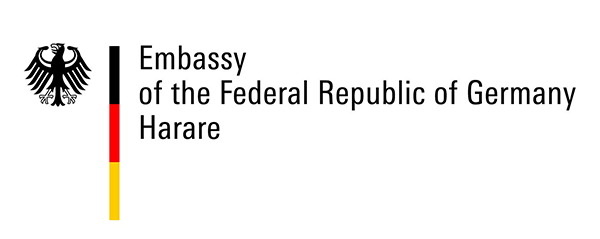
This project has been made possible through the support of the “Kulturerhalt” program of the German Foreign Office.
